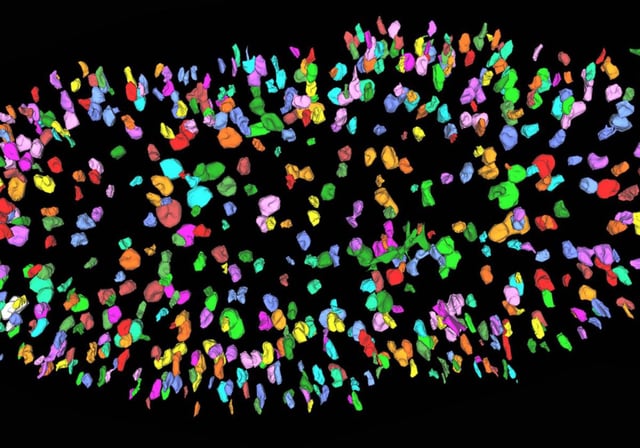Overview
- Researchers report in Science that female mice regenerate more podocytes via estrogen-regulated renal progenitor cells, offering a mechanistic basis for lower CKD risk during reproductive years.
- The female advantage emerged after puberty, and deleting estrogen receptors in renal progenitors erased this benefit, dropping podocyte generation to male-like levels.
- During pregnancy, estrogen-driven activation of renal progenitors increased podocyte production to meet higher filtration demands.
- Disrupting this program produced preeclampsia-like disease in mice and led to offspring with lower kidney mass and fewer filtering units, increasing later-life renal vulnerability.
- Human support came from finding renal progenitor cells in the urine of pregnant women that differentiated into podocytes in vitro, though clinical validation and therapeutic development remain outstanding.
